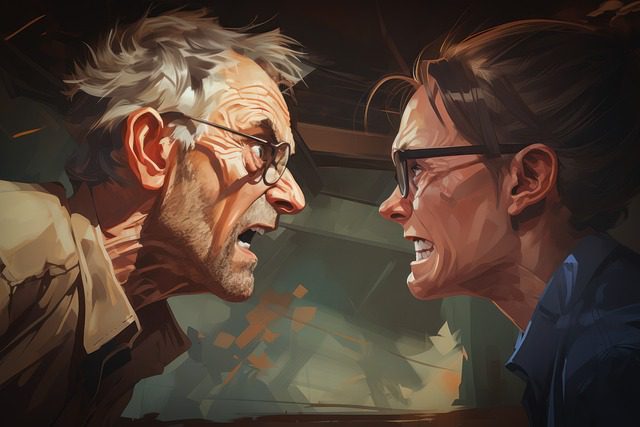
What’s the difference between how a conservative thinks and how a progressive thinks?
Konstantin Kisin offers an answer in his essay in The Free Press entitled The Day the Delusions Died. He says that a friend told him that when she woke up on October 7, she was progressive. But after learning about the atrocities Hamas committed in Israel that day, by the time she went to bed she had become a conservative.
Kisin says that she was not the only one to undergo such a change. (My impression is that this is most evident among Jewish liberals who are shocked to see, once again, people killed just because they are Jews. Meanwhile, many on the hard anti-semitic left are doubling down on their support for Hamas.)
You should read Kisin’s critique of woke ideology and why, for all its rhetoric about protecting victims and minorities, it is silent when those victims and minorities are Jews.
But what I’d like to focus on here is a comment he makes about the difference between conservatives and progressives, drawing on an insight from Thomas Sowell:
In 1987, Sowell published A Conflict of Visions. In this now-classic, he offers a simple and powerful explanation of why people disagree about politics. We disagree about politics, Sowell argues, because we disagree about human nature. We see the world through one of two competing visions, each of which tells a radically different story about human nature.
Those with “unconstrained vision” think that humans are malleable and can be perfected. They believe that social ills and evils can be overcome through collective action that encourages humans to behave better. To subscribers of this view, poverty, crime, inequality, and war are not inevitable. Rather, they are puzzles that can be solved. We need only to say the right things, enact the right policies, and spend enough money, and we will suffer these social ills no more. This worldview is the foundation of the progressive mindset.
By contrast, those who see the world through a “constrained vision” lens believe that human nature is a universal constant. No amount of social engineering can change the sober reality of human self-interest, or the fact that human empathy and social resources are necessarily scarce. People who see things this way believe that most political and social problems will never be “solved”; they can only be managed. This approach is the bedrock of the conservative worldview.
What do you think of this distinction? I think it has merit, but I’m not sure that it tells the whole story. It seems to me that conservatives hold to certain ideals that they want to “conserve.” Progressives don’t want to conserve the ideals of the past, but they have other ideals that they want to realize in the future. It isn’t just a matter of pessimism vs. optimism about human potential, but a clash of ideals and whether those ideals are oriented to the past or the future.
Then again, Sowell’s distinction has resonance from a Christian perspective. The “constrained vision” is a recognition of the reality of sin. Our sinful, fallen nature indeed “constrains” us. (Why haven ‘t we formed the perfect society, since that’s supposedly what everyone wants? Because sin spoils everything.)
The “unconstrained vision,” by contrast, is humanistic, thinking the best of human potential, with no limits on what human beings can do or be. But it is collectivist, not individualistic, trusting in the state with its coercive power to perfect its citizens. Ironically, that “unconstrained vision” depends on “constraining” people, so as to force them to act as the state thinks they should.
What do you think about this?
Image: AI Generated Woman and Man by Franz Bachinger from Pixabay











